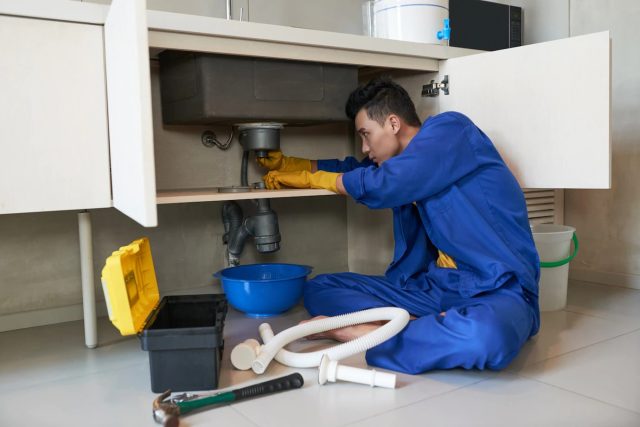Dealing with a sewer emergency can be a messy and stressful situation. Whether you’re a homeowner or a business owner, knowing how to respond swiftly and effectively to a sewer backup or clog is essential to minimize damage and prevent further issues. In this article, we’ll provide valuable tips for quick response and damage mitigation during an emergency sewer cleaning situation.
1. Stay Safe
First and foremost, prioritize safety. Sewer backups can contain harmful bacteria and contaminants. Avoid direct contact with the sewage, wear protective gear such as gloves and rubber boots, and keep children and pets away from the affected area.
2. Turn Off Water and Electricity
If you suspect a sewer backup, turn off the water supply to your property to prevent further flooding. Additionally, shut off electricity in the affected area to reduce the risk of electrical hazards. Safety should always be the top priority during a sewer emergency.
3. Contact a Professional
Sewer emergencies often require the expertise of a professional plumber or sewage cleanup service. Contact a reputable plumbing company with experience in emergency sewer cleaning. They have the tools and knowledge to assess the situation and take appropriate action.
4. Assess the Damage
While waiting for professional assistance, assess the extent of the damage. Determine the source of the sewer backup, whether it’s a clog, a damaged pipe, or another issue. This information will help the professionals address the problem more effectively.
5. Avoid DIY Solutions
In the case of a sewer emergency, it’s crucial to avoid attempting DIY solutions. Chemical drain cleaners can worsen the situation, and attempting to disassemble pipes without proper training can lead to further damage.
6. Protect Valuables
If the sewer backup has affected your home or business, protect valuable possessions and documents from water damage. Move them to a dry, safe area to prevent further harm.
7. Ventilate the Area
Proper ventilation is essential to reduce foul odors and improve air quality. Open windows and doors if possible, and use fans to circulate air. However, avoid using heating or cooling systems that could spread contaminants through ducts.
8. Prevent Future Backups
Once the immediate emergency is addressed, consider preventive measures to avoid future sewer backups. Regularly maintain your plumbing system, including drain cleaning and inspections. Install backflow prevention devices to protect against sewage backup.
Emergency sewer cleaning is a challenging situation that requires a prompt and professional response. By staying safe, turning off water and electricity, and contacting experts, you can mitigate damage and health risks. Assess the situation, protect valuables, and ensure proper ventilation. Remember to avoid DIY solutions and take steps to prevent future sewer backups. With quick action and the help of professionals, you can minimize the impact of a sewer emergency and return to a safe, clean environment.
